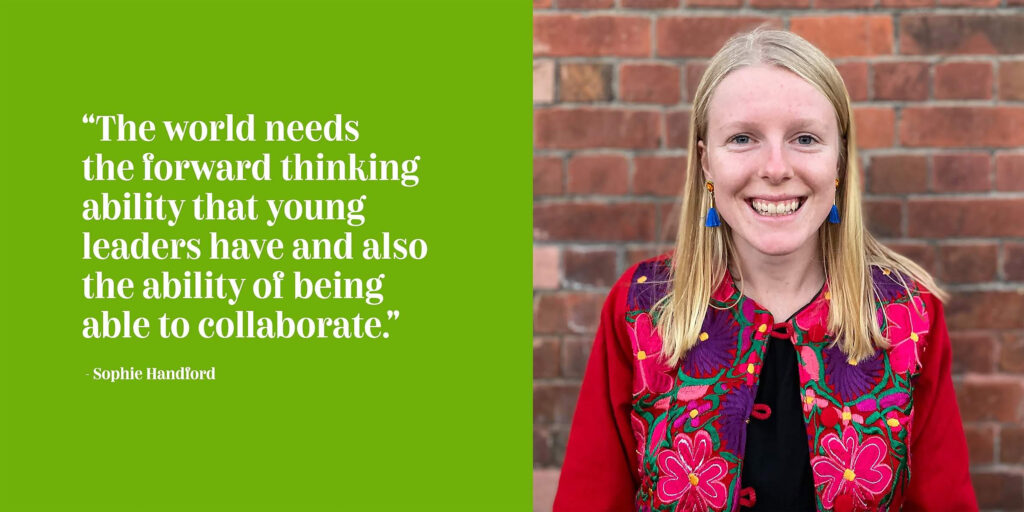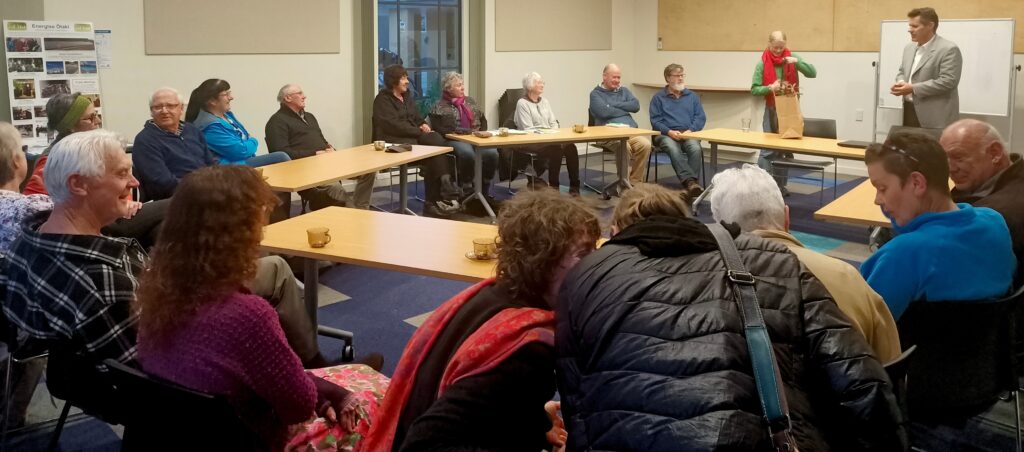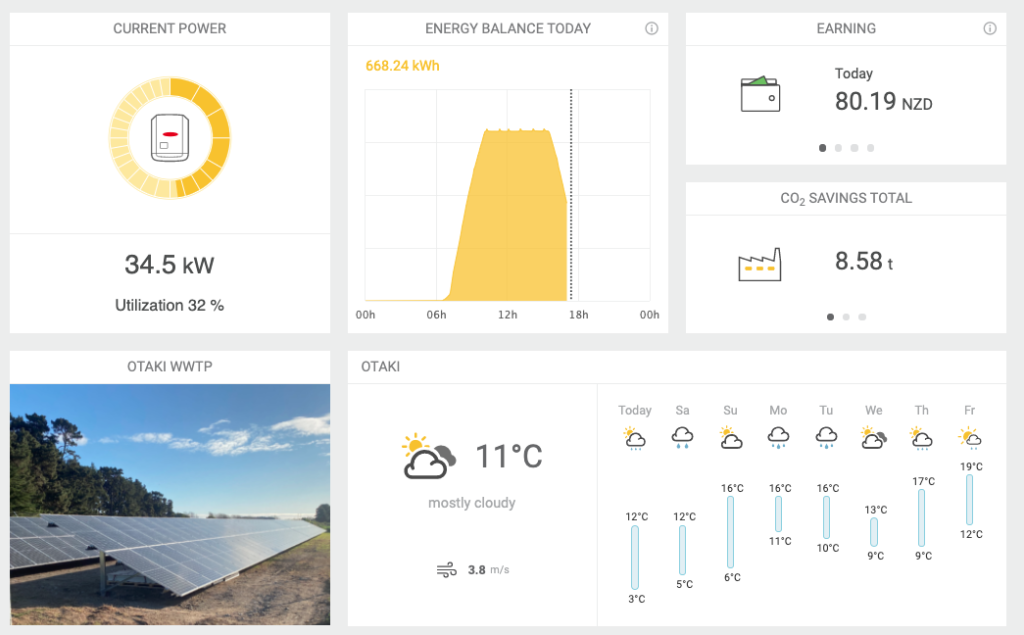
Speaker: Sophie Handford
Chairman Leigh Ramsey introduced Sophie, KCDC’s newest and youngest district councillor.
Sophie is Paekakariki born and bred. At Kāpiti College she was student rep for three years, and in her last year was Head Girl.
The YWCA of Aotearoa said of her: “If anyone needs to get 170,000 kiwi kids to take action then they should get Sophie Handford involved.” As the national coordinator and founder of Schools Strike 4 Climate, she knows how to rally people. 12 year old Sophie invited a local MP to talk to her class about climate change, and ever since has been raising her voice about climate change and social issues.”
Sophie was stimulated by the efforts of a 10 year old Invercargill boy who knocked on doors to seek answers. Sophie said “I want to be able to say ‘I tried hard’. We have the ability to create a better future for generations to come.”
“Don’t underestimate passion and energy” she said, “There is power in intergenerational solidarity, in working with people the age of your grandparents.” Intergenerational energy and sustainable equity are phrases that trip easily off Sophie’s tongue. “We need community noise to inform the people in power: ‘this is what we want’ – it must come from all of us.”
Thus equipped, Sophie, at the age of eighteen stood for election last year for the Paekakariki-Raumati ward of Kāpiti Coast District Council. Standing against two men, she won with a substantial victory: 1760 votes to the next opponent’s 896. “None of my campaign staff voted for me”, said Sophie: “they were all too young!”
Council has always been populated by elderly men and women: Sophie represents a new wave, and gives us all the encouragement to pursue ideas that have previously been rejected as being ‘too hard’. Already, with three other women councillors, Sophie is looking at the environmental issues and is confronting the challenges that Energise Ōtaki has grappled with over the years.
Sophie’s presentation, delivered off the cuff and without notes met with applause from the audience of 25. In question time, much of the discussion focused on waste, prompted by a question from Stuart Pritchard. He noted how construction and demolition were by far the biggest contributors to our growing problem of landfills, with all of Kāpiti’s waste being transported out of the district. David Rumsey noted that on his rural road, he saw every week four different waste contractors collecting waste in ‘their’ wheelie bins. It was noted in passing that once upon a time KCDC collected waste, but now with everything tending to ‘corporatisation’ everything was contracted out, and councils were able to metaphorically shrug their shoulders and say it wasn’t their problem. David noted that the pollution from four competing rubbish contractors was significant, and wholly unnecessary. The question: ‘Does contracting out our waste disposal really work?’ was asked, with the audience concluding that it doesn’t. Leigh Ramsey noted that in Palmerston North, wheelie bins had ‘intelligence built-in, and miscreant users threatened with ‘three strikes and you’re out’ for putting the wrong stuff in their bins. He suggested the English approach of charging for each bin collection, rather than a monthly charge, was a powerful incentive for customers to conserve, rather than create more rubbish.
The robust discussion, stimulated by Sophie Handford’s youthful enthusiasm, gave us lots to think about.

Data
David Rumsey spoke on data collection and presentation of information from digital sources. “If we measure things, we have the ability to look back, to analyse and draw conclusions.” Currently we have digital data coming from our two new solar farms, from the Clean Tech Centre’s wind turbine, and from the solar panels at the library. We’re installing measuring equipment at the College swimming pool, to give us data on thermal gain from our solar collectors. This digital data will soon be publicly available for anyone who wants to use it. The College is planning to install a digital screen at their gate, which may be able to show power generation from their solar panels. David says right now you can see data from the Clean Tech Centre at https://user.logicenergy.com/display/466031886551 and soon will be able to see the data from Energise Ōtaki’s WWTP solar farm. The long-term goal is to amalgamate data on Ōtaki’s energy creation, so that we can show the world how Ōtaki is being energised. Watch this space!

